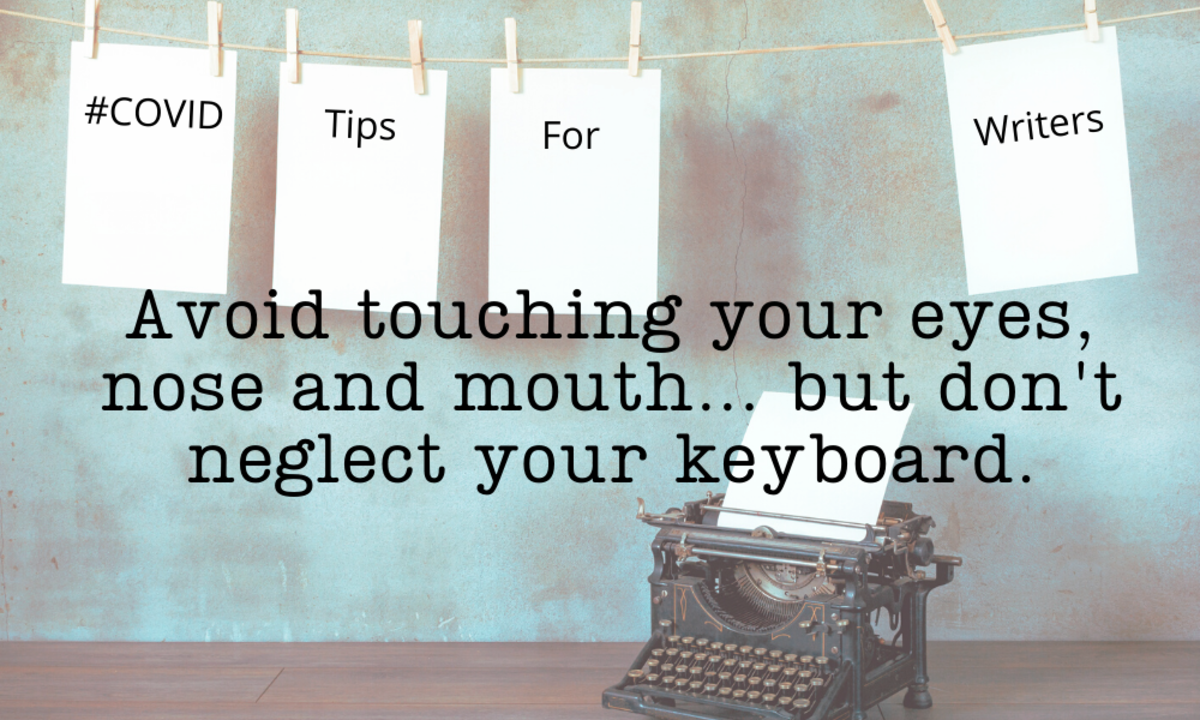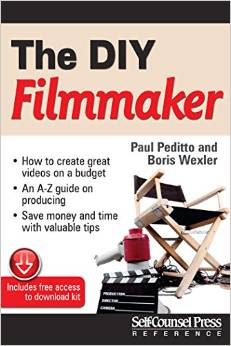Hello Good Reader…
Far down the list of humanitarian disasters the COVID-19 virus has wrought is what it’s done to landscape of trying to sell a feature-length film. For 2020 the elementary takeaway was that while Hollywood has been on hiatus, so has the buying of properties.
But conversations I’ve had with a few people in the biz indicate not so fast on that simplistic logic. With all this extra time, were producers reading more material? Agency packaging didn’t just stop.
So I searched out some resources and wise words for writers on how this plays out and where do we go from here. More importantly, some specifics to help you, Good Reader, as you sit there in front of your typer trying to make sane a Twilight Zone episode that never seems to end.
The discussion on Scriptnotes with John August and Craig Mazin was instructive and definitely worth a listen on what the environment will be once we get back on sets. What will that look like? Check it out here.

A Great List of COVID-19-era grants and links was also complied by Heather Hale on my old stomping ground, ScriptMag.com. She also gives good advice on how to survive these trying times…
“Understanding the lay of the land – even as it shifts and transmutes (seemingly daily) – is critical for you to be able to identify your points of entry (and repeated re-entry!) for you – and each of your different literary assets or concepts.
If you are selling a completed movie or series, then ANY of these outlets might be prospective buyers for you – like four-walling a movie or Oprah’s show being one of the first – but undeniably the best – to nail literally market-by-market syndication.
If you are trying to sell a screenplay or get an original television series set up (be it scripted or not), these distributors MIGHT be prospects but more likely: your real prospects are their development, financing and production arms – or production companies that have deals negotiated with them to deliver content.“

NoFilmSchool provided the link to Arc Studio Pro’s FREE screenwriting software offer during the CoronaVirus. Most of the “free” softwares these days have limits on number of projects before they come after you to subscribe and pay-which I don’t understand. If I’m going to pay for software, why would I get crappy Celtx when I can just ante up to buy Final Draft? I miss Amazon Storywriter, which was my recommended option for a long time, now gone. I haven’t used Arc Studio Pro so let me know if it’s crap or decent, Good Readers. Meanwhile yes, in this Twilight Zone episode that never ends, while the plague is among us, this screenwriting software is free. Yay?

Lastly, some great advise from a wise lady, my editor at Scriptmag for many years, Jeanne Bowerman. She wrote a great article for her Balls Of Steel column at Scriptmag. I’d rather you just hit the link to check it out the full article, including a Top 10 to maintain sanity via writing, but here’s a taste. Really inspiring in this Plague year.
“Advice and fears circulate like wildfire, paralyzing many artists. Freezing our creativity. The other reality is we’re all terrified of the future of our writing careers. Our day jobs are at risk, too. You’re probably asking yourself, “Should I spend time writing, or looking for a financial back-up plan for work, should I be on the unemployment line?”
Oh boy, just writing that made my stomach knot and my heart rate quicken. I struggle sometimes to push those fearful thoughts aside, but I’ve learned that making a plan helps lower my anxiety.
I always have a Plan B for income, virus or not. But I have no Plan B for writing. I simply cannot imagine giving up on being a writer. Ever.
Are screenwriters “essential” to the economy? Hell, yes! Just hop on any social media, and people are sharing shows to binge on Netflix.
The world needs writers! Read that again… THE WORLD NEEDS WRITERS.
Make a writing plan.
Grab a pen and paper, a Word doc or text file. Or get one of those fabulous planners pro screenwriter Greta Heinemann (NCIS: New Orleans) created, the Writer’s Wright notebook. It’s a game changer! She isn’t some “guru” shedding out advice. She is originally from Germany, decided at the age of 14 that she wanted to be a professional screenwriter in L.A., and created a goal-achieving system to get her on track for success. And? She is a success.
Regardless of what system you use to create your plan, create your plan! Map out where you want to be one year from now or five years from now. Then figure out the baby steps to get there. Or just figure out how to get that next script on the page. Brainstorm story ideas, outline your favorite, and pick away at it, every day.
Enter a screenwriting contest.
Deadlines are key to pushing a writer to get words on the page. Check out the reputable screenwriting contests coming up. Some have even extended their deadline dates as a result of the lockdown.
Is Hollywood taking pitches?
Who knows what the sales will be like during the lockdown, but that doesn’t mean you can’t try to find an agent or manager. If that script is truly ready, you can pitch it online at Roadmap Writers. No, I’m not getting any kickbacks for this (or any other suggestions in this post). I truly love Joey Tuccio and what he’s doing for writers. At the time of this writing, he and his team helped get 110 writers signed. That’s damn impressive.
Take online classes.
I know, I know. Everyone is worried about spending money right now, but maybe you don’t need 10,000 rolls of toilet paper and some of that money can go towards your writing education instead. You’re locked up in your house. What a perfect time to learn!
Write more.
Keep track of your daily routine. Every hour, write down what you did. You’ll quickly realize you probably didn’t do squat to advance your writing project or career. Here are some tips for creating a writing routine that I’ve written about before.
Ways to curb panic and keep you focused.
While some of us can compartmentalize this pandemic, others will be hyper-focused on it. Creatives are often highly emotional people. But you’ll drive yourself crazy if you can’t put that fear in a box! “

